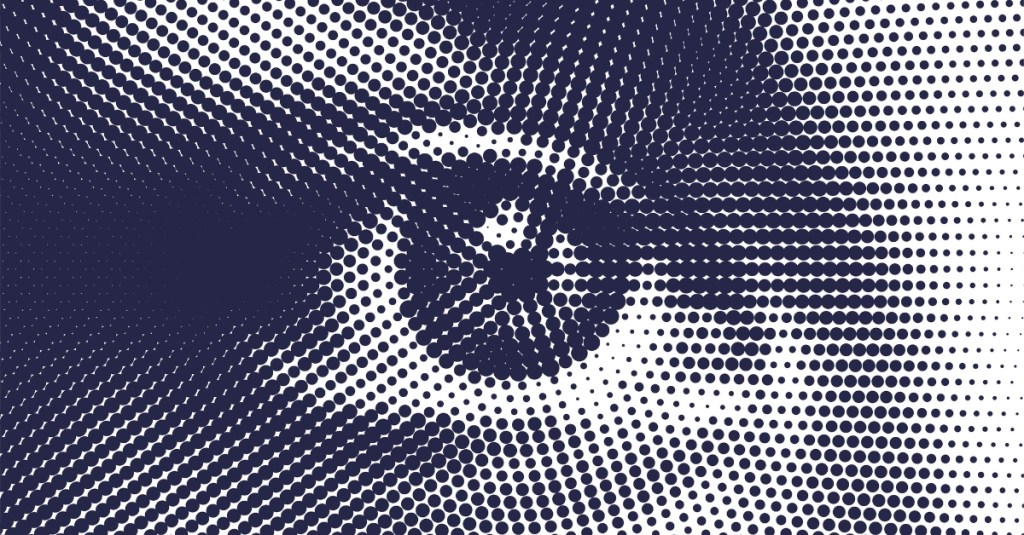UPDATE: New personal accounts from individuals living with Obsessive-Compulsive Disorder (OCD) are shedding urgent light on the often misunderstood and debilitating nature of this condition. As part of OCD Awareness Month, these stories emphasize the pressing need to shatter the stigma surrounding mental health disorders.
Currently, approximately 1 in 40 adults and 1 in 100 kids and teens are affected by OCD, yet many suffer for years before receiving a proper diagnosis. Misconceptions about the disorder often lead to misdiagnoses, with some individuals facing years of emotional turmoil before understanding their condition. One person recalled nearly being misdiagnosed with schizophrenia at the age of six.
The International OCD Foundation (IOCDF) highlights a critical misunderstanding: “There is a public misconception that OCD is just a minor personality quirk or preference…In reality, OCD is a serious and often debilitating mental health disorder.”
Eight individuals bravely shared their personal experiences, revealing the harsh realities of living with OCD.
Elise, an advocate, described her struggle: “It’s mind-boggling that OCD is joked about in our society, because it truly is the most emotionally torturous thing I’ve ever experienced.” She explained how her condition escalated from mild compulsions in childhood to debilitating obsessions by age nine due to Pediatric Acute-Onset Neuropsychiatric Syndrome (PANS).
Matthew Antonelli, IOCDF Director of Operations, shared, “My ‘just right’ OCD can be so debilitating. It kept me from leaving the house.” His experience of needing everything to feel “just right” led to panic attacks and strained relationships.
Anonymous voices also emerged, with one OCD warrior detailing the crippling effects of relationship OCD: “You ricochet back and forth between wondering if you even like the person you’re dating and then wondering if they even like you.” This cycle of doubt and anxiety can disrupt even the healthiest relationships.
Another individual recounted their panic-induced trips to the emergency room, triggered by health-related obsessions that spiraled out of control. “I would spend hours thinking about every little ache, convinced the worst was happening,” they shared, illustrating the severe impact of intrusive thoughts on daily life.
For some, like Rachel Crofut, IOCDF Director of Communications, OCD has robbed precious time with family. “OCD traps me in my mind,” she lamented, emphasizing the emotional toll of the disorder.
The experiences shared during this awareness initiative highlight a critical need for understanding and support surrounding OCD. As the conversation continues, these stories serve as a powerful reminder of the human impact of mental health disorders.
With the prevalence of OCD affecting millions globally, it is urgent that society recognizes the seriousness of this condition. More awareness can lead to earlier diagnoses and better treatment options, allowing individuals to reclaim their lives from the grips of OCD. As these brave voices speak out, the hope is that more will join the movement to dismantle the stigma and offer support to those in need.
This ongoing dialogue offers a crucial opportunity for education and understanding, reminding us of the importance of compassion in addressing mental health challenges.
As we observe OCD Awareness Month, let these real-life testimonies inspire action, empathy, and greater awareness about the realities of living with OCD. Share these stories to help amplify the message and support the fight against stigma surrounding this complex disorder.
